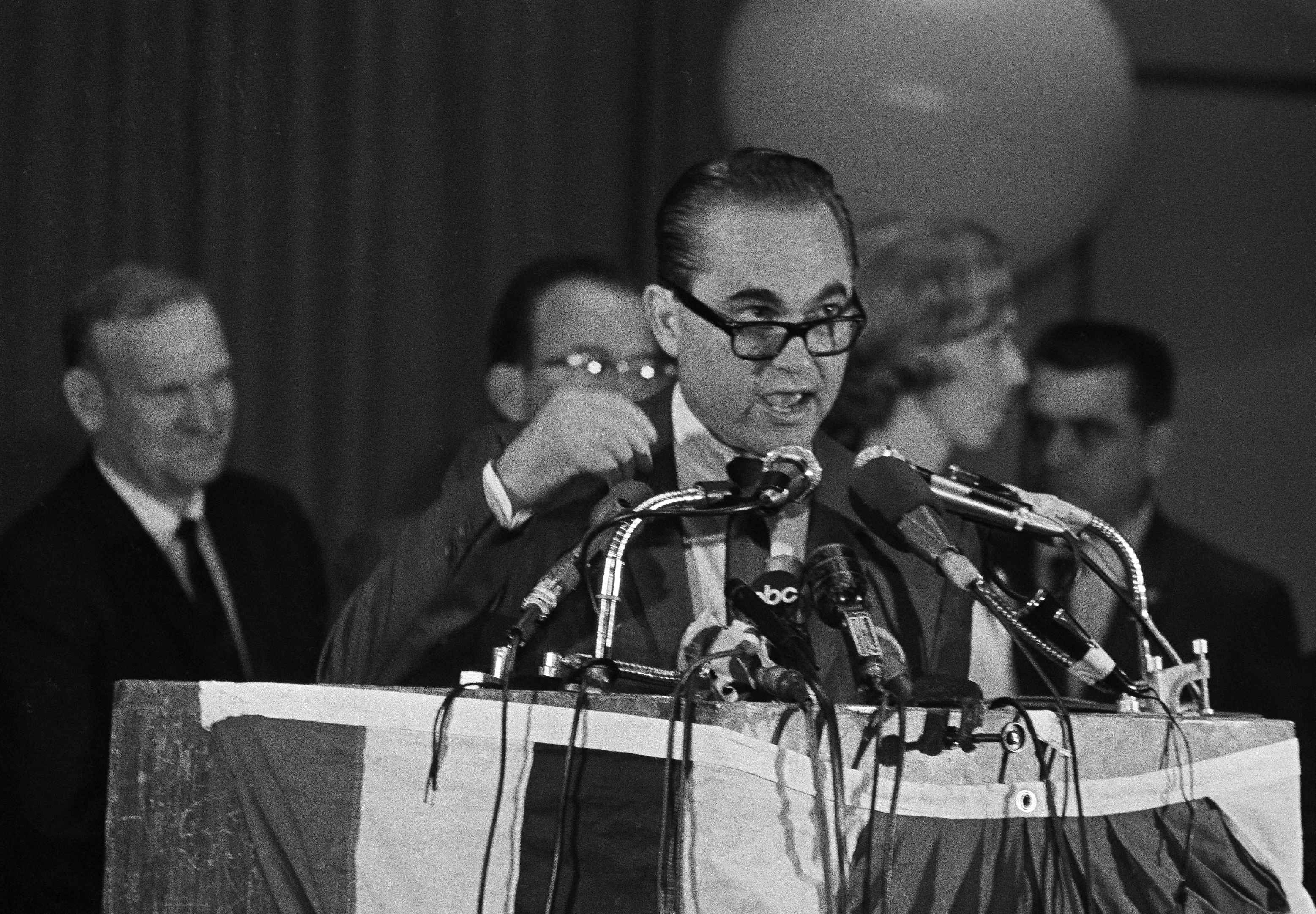
Here’s the audio of the show I hosted today on third-party candidates.
Unhappy with the likely nominees in the campaign of 2016, insiders in the Republican and Democratic parties are always leaving open the possibility that they or someone else might mount an independent campaign.
Still, despite polls that show people want an alternative to the major parties, third parties tend to fail — and fail spectacularly — when it comes to winning an election.
But even raising the possibility of running as a third-party candidate — as one certain Republican threatened to this year — is enough to keep party bosses up at night.
Is it easier to create a new party or just hijack an existing one? Does a third-party movement have staying power or is it dependent on the cult of personality?
My guests were:
Tim Walch, an historian and the retired director of the Herbert Hoover Presidential Library; and Julia Azari, an associate professor of political science and the assistant chair at Marquette University.
